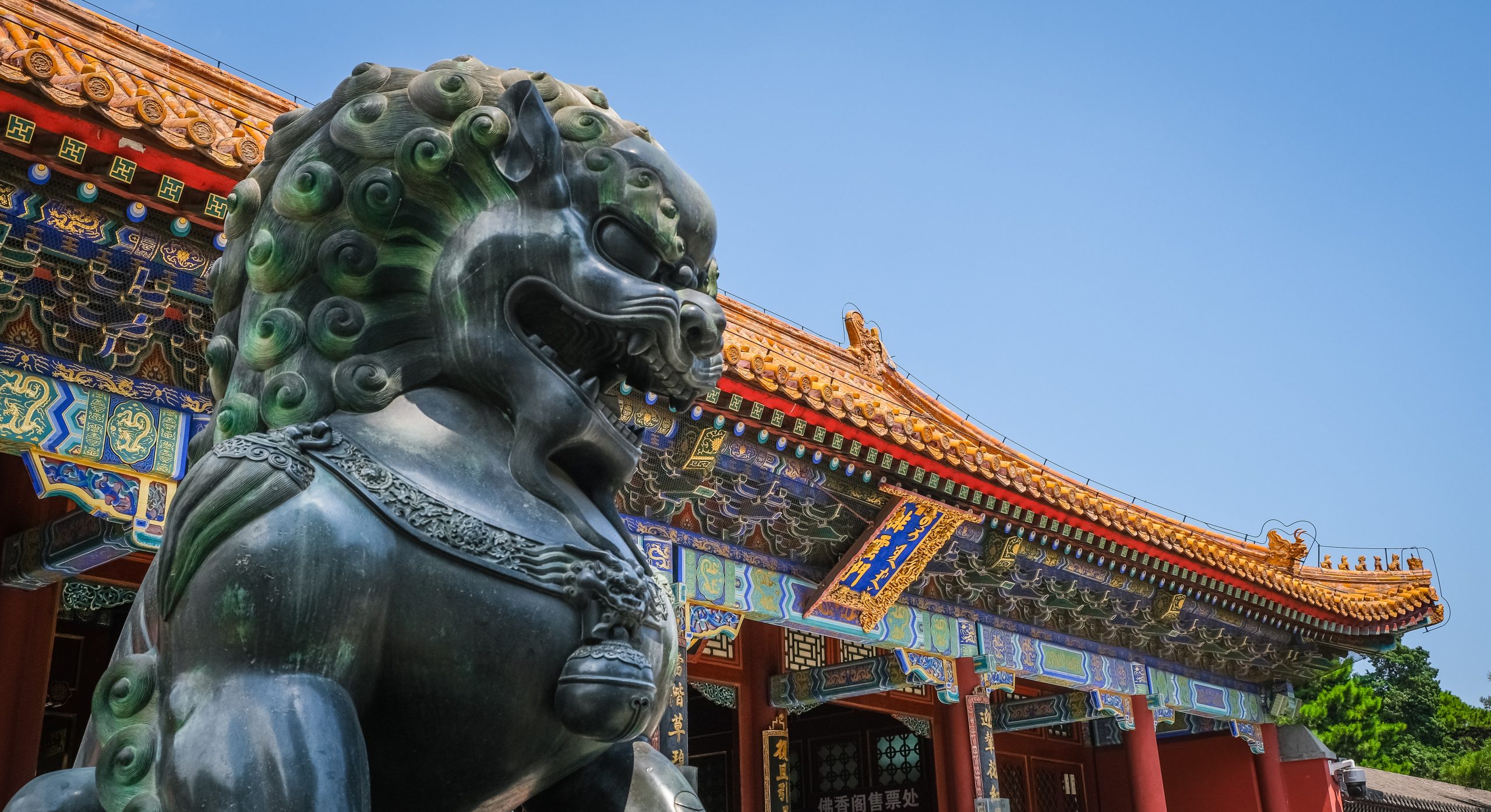Residents are back to work in Beijing and Shanghai as China limps due to Covid
On Monday (Dec. 26), passengers in Beijing and Shanghai who were wearing masks crammed subway trains as the two largest cities in China got closer to having to deal with Covid-19 while front-line healthcare providers struggled to deal with millions of new illnesses.
President Xi Jinping ended the nation’s zero-Covid policy of lockdowns and constant testing this month in response to protests and an expanding outbreak after three years of strict anti-coronavirus restrictions.
Health professionals and citizens are growing increasingly sceptical of China’s statistics, which show no new Covid deaths reported for the six days leading up to Sunday but show the coronavirus spreading essentially unfettered throughout the nation.
Doctors reported that hospitals were overburdened with five to six times the typical number of patients, largely elderly.
There are indications that life is on track to returning more closely to normal after the initial shock of the policy U-turn and a few weeks in which people in Beijing and Shanghai stayed indoors, either dealing with the disease or trying to avoid it.
Commercial situation in China
This year, the 25 million residents of China’s commercial centre experienced two months of isolation under a strict lockdown that lasted until June 1 in an effort to stop illnesses from spreading out of hand throughout the country.
Over the weekend, city people gathered at the Bund, a commercial district in Shanghai, for the annual Christmas market. On Sunday, crowds gathered at Shanghai Disneyland and Beijing’s Universal Studios for the winter holiday season, waiting in line for attractions while dressed in festive costumes.
World health experts have expressed concern over the most populous nation’s decision to limit the kind of deaths it counts as “Covid-related” by only including those suffering pneumonia or respiratory failure.
According to state media, the illnesses would peak in the first few days of January as people travel for the Chinese New Year celebrations in the following month.
They forewarned that the infection wave would last three months and that 80% of the province’s 45m citizens may contract the disease.
Concerns continue to rise regarding the ability of less affluent cities of China to handle an increase in serious infections, considering that millions of rural migrant workers are expected to visit their families for Chinese New Year.
About me
I am Tyson Yuk, the founder of the blog Commercial Realty Singapore. With over 15 years of experience, my forte is in the commercial and luxury property line. With my blog, I aim to educate, advise and share tips and tricks with potential property buyers and investors to help them make successful property ventures.
Know more about my services,

